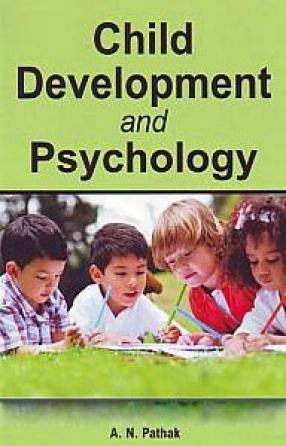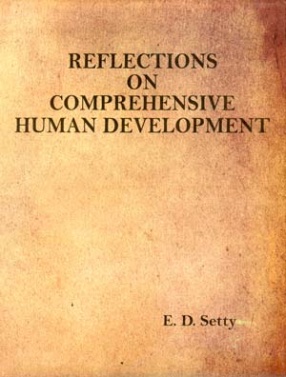This volume provides multidisciplinary perspectives on nation building in South Asia. It results from an interchange of views and perspectives between Indian and Japanese scholars who participated in a conference held at the institute of Oriental Culture, University of Tokyo. The essays are closely interlinked thematically and yet each is self-contained. The contributors, a judicious blend of academics and social activists, discuss wide-ranging themes and their remifications within the framework of colonial society and the post-Independence Indian State. They also attempt to historicise the nature, scale and depth of the changes ushered in by the transfer of power. This book focuses attention on diverse aspects of continuity and change in the subcontinent. It takes within its compass such fundamental questions as the economic aspects of the transfer of power, the impact of partition, tensions and violence between Hindus and Muslims, the ideology of majoritarianism and its interaction with the state and society at large, and the mobilization of lower castes and dalits. Issues of health, education, forestry, agricultural production and foreign policy are also examined. This book is neither a millennium volume nor does it offer an exhaustive appraisal of India’s past and present. Concerned scholars in India and Japan explore, from their very different perspectives, some of the challenges before the Indian Republic in its quest for a democratic, secular and egalitarian society. In so doing, they bridge the artificial divide that separates social science disciplines.
Child Development and Psychology
$75.60
$84.00





There are no reviews yet.